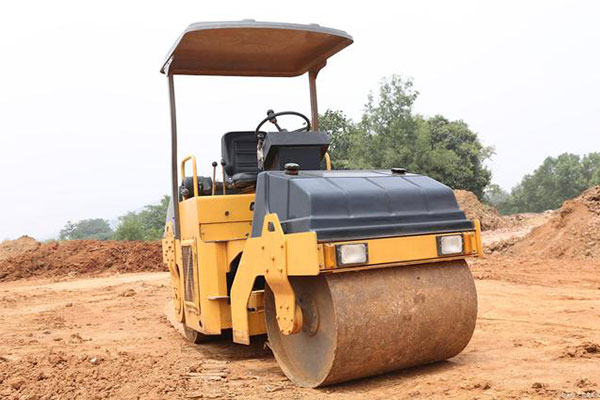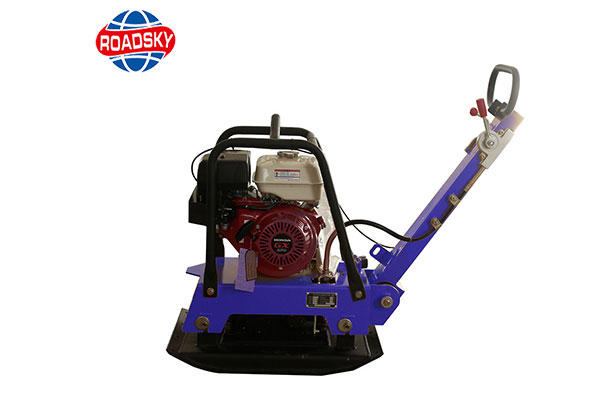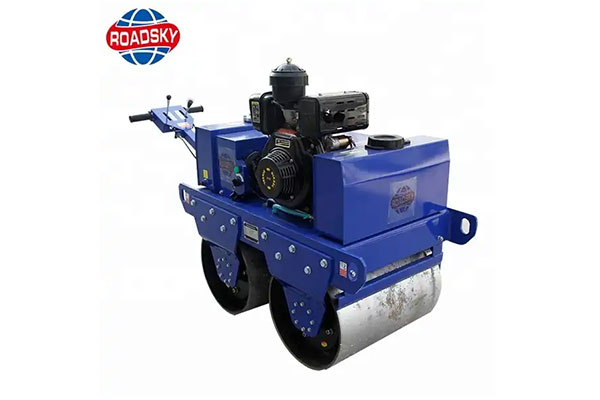Choosing the Right Dirt Compactor: A Comprehensive Guide
In the world of construction, the importance of a reliable dirt compactor cannot be overstated. Whether you’re working on a small landscaping project or a large-scale construction site, the right compactor can make a significant difference in achieving a solid and stable foundation. In this article, we’ll explore the key factors to consider when choosing a dirt compactor and how it can impact the success of your construction project.

Understanding the Basics of Dirt Compaction:
Before delving into the selection process, it’s essential to understand the basics of dirt compaction. Compaction is the process of mechanically increasing the density of soil to enhance its load-bearing capacity. A dirt compactor achieves this by applying pressure to the soil, reducing air voids and ensuring a more stable foundation.
Types of Dirt Compactors:
There are various types of dirt compactors available in the market, each designed for specific applications. The two main categories are:
- Vibratory Plate Compactors: Ideal for smaller projects, these compactors use vibrations to compress soil and are highly maneuverable in tight spaces.
- Smooth Drum Rollers: Suited for larger projects, these rollers use their smooth drums to compress soil and are effective in achieving uniform compaction over broader areas.


Project Requirements:
Consider the specific needs of your project when choosing a dirt compactor. Factors such as the size of the area, soil type, and the required level of compaction will influence your decision. Vibratory plate compactors are excellent for trenches and small spaces, while smooth drum rollers are better suited for larger, open areas.
Soil Type and Conditions:
Different soil types require different compaction methods. Sandy soils may need a different compactor compared to clayey soils. Assess the moisture content of the soil, as overly dry or wet conditions can affect compaction efficiency. Some compactors are equipped with features to adapt to varying soil conditions, providing versatility for different projects.
Compaction Performance:
Evaluate the compaction performance of the equipment you are considering. Look for compactors with adjustable settings to achieve the desired compaction density. Modern dirt compactors often come with advanced features such as variable amplitude and frequency, allowing for more precise control over the compaction process.
Maintenance and Durability:
Investing in a durable and low-maintenance dirt compactor is crucial for long-term success. Regular maintenance ensures optimal performance and extends the equipment’s lifespan. Choose a compactor from a reputable manufacturer with a track record for producing reliable and durable machinery.
Conclusion:
Selecting the right dirt compactor is a crucial step in ensuring the success of your construction project. By understanding the basics of dirt compaction, considering project requirements, evaluating soil conditions, and prioritizing maintenance and durability, you can make an informed decision that contributes to a stable and long-lasting foundation. Remember, a well-compacted soil is the key to the success and longevity of any construction endeavor.
Where to Get Quality Dirt Compactor?
RoadSky is a professional dirt compactor manufacturer and supplier, with many types of compaction equipment to choose from to meet the different needs of customers. Factory direct sales, affordable prices, high-quality after-sales service and a first-class team to solve your worries. If you are looking for compaction equipment for your project, you can contact us directly for more information.

